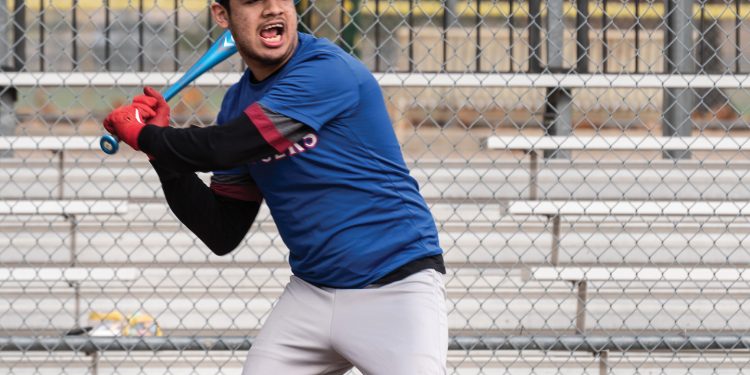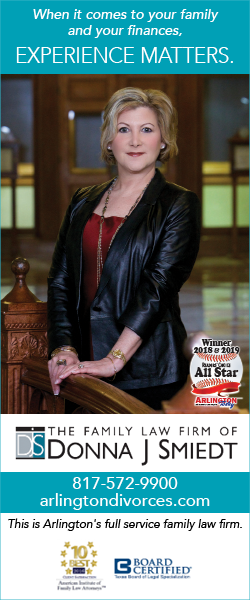Grace Whetstone likes to tell this story of a mother whose baseball-playing son hits a little blooper that scoots gingerly into the infield. As frantic fielders scramble for it, she’s off, as if shot from a canon, sprinting alongside her son toward first base. When they both arrive safely, the son proudly mounting the base, mom literally loses it, breaking out into uncontrollable tears.
On any other diamond outside of the Miracle League, this would have been odd and excessive – some crazy mother streaking down the sidelines as her son gallops to first base. For Whetstone, the executive director of Miracle League DFW, it was captivating, riveting, moving.
“I was so fortunate to witness that,” she says.
Whetstone has been leading this sports league for those with disabilities for five years now and scenes like that one rarely get old. How can they? The Miracle League is specifically and lovingly designed for children and young adults with myriad disabilities and because of it reigns as a Godsend for the parents seeking a sense of normalcy for their child, even a temporary one. It doesn’t matter what mental or physical disability it is – autism, Down syndrome, spina bifida, in a wheelchair or walker – barriers are removed so they can just play.
Games are on a custom-designed field with a cushioned synthetic turf and adaptive equipment to help prevent injuries. Fields have wheelchair accessible dugouts and a completely flat surface to help the visually impaired. Bases are painted so participants can roll or walk right over them.
Volunteers are matched with the athletes, going where they go, doing what they do, allowing parents the chance to enjoy it all from the stands.
Oh, and this: players bat once in each of the two innings played, are always called safe, and everyone scores. The last player to bat gets a home run and the score always ends in a tie.
Miracle League DFW has swelled to 300 players on 20 teams scattered amid minor, major, senior, intermediate or competitive leagues. (Higher leagues are for higher-functioning players).
“Of course, it’s more than just about playing a baseball game,” Whetstone says.
It’s about making the opportunity to be treated like other athletes, about acquiring social skills, being empowered by independence.
“It makes them feel like they are part of not a special team, but a team,” Whetstone says. “We don’t baby them. We support them and encourage them, regardless if they are hitting off a tee or batting.”
The Miracle League isn’t just an Arlington thing; it’s a national thing, having started in Georgia in 2000. For Arlington, it goes back to Doug Inman, who first saw a report about the Miracle League in 2004. He raised $400,000 to build the area’s first Miracle League field on land donated by the City of Arlington.
The pandemic has wreaked havoc on the games, but next month they will offer their popular hitting clinics. Email miracleleaguedfw.com if interested. Whetstone says that while the league has been around for some time, it is still one of those hidden gems.
“We have been fortunate, although the need is still great,” Whetstone says. “A lot of people still don’t know who we are.”
Even those who do can be a bit hesitant.
“Parents always want to know, will their child fit in. Will they stand out? Will they like it?” Whetstone says. “We’re like, that’s fine. Just bring them. They might just sit on the ground. They might cry. That’s okay. They can’t hit or run the bases? Doesn’t matter. It’s all about what that child wants that day.”
Whetstone was an executive with the YMCA before leaping head first into Miracle League. Now her daughter and husband are involved as coaches. She can’t imagine being anywhere else, doing anything else.
“You’re constantly reminded why you do this by looking into the families’,” Whetstone says. “Just having their kids go out there and be themselves. It sounds small but to them it’s everything.”















